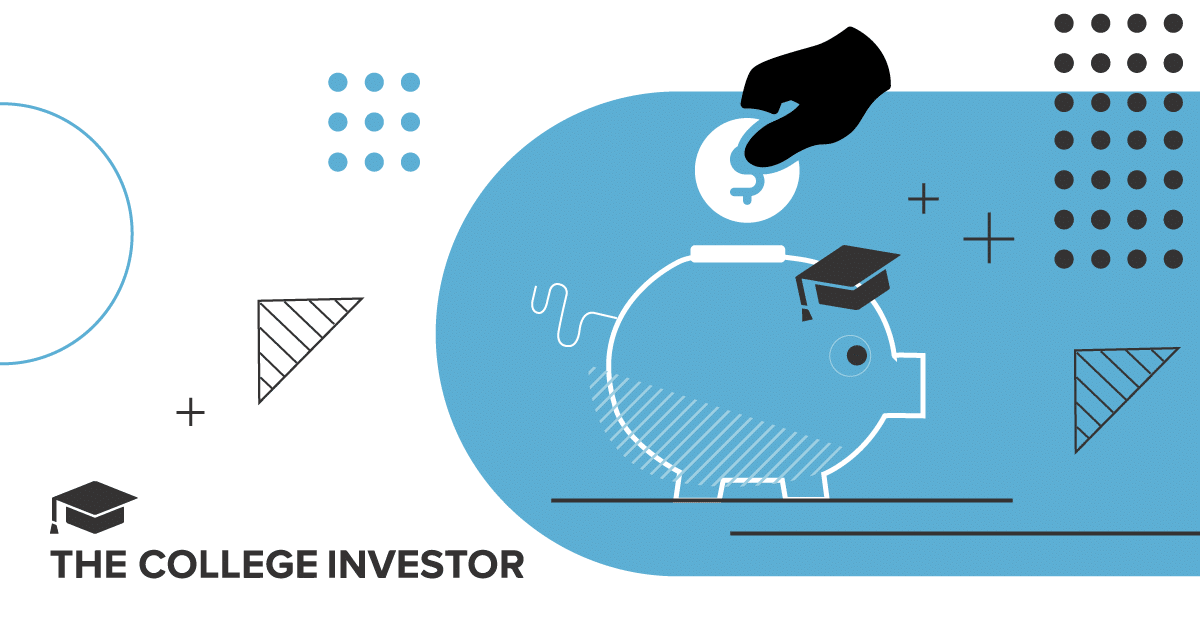Graduated Repayment Plan
Definition
A Graduated Repayment Plan is a student loan repayment plan where payments start low and gradually increase, typically every two years.
Detailed Explanation
A Graduated Repayment Plan is designed to make student loan repayment more manageable for borrowers who expect their income to rise over time. Under this plan, payments are initially set lower than under a standard repayment plan and increase every two years. The idea is to match the payment schedule with the borrower’s expected career progression and increasing income.
This plan is well-suited for anyone whose entry-level salary is relatively low, but the potential for salary growth is high. Graduated repayment provides temporary relief from high payments when a borrower's earning potential is at its lowest, with the understanding that the borrower will be better able to handle higher payments later in their career.
The repayment term under a graduated repayment plan usually spans 10 to 30 years, depending on the total loan amount and the specific terms set by the lender. It's important to note that while initial payments might be lower, they primarily cover the interest, not the principal amount of the loan. This means that over the life of the student loan, the borrower may end up paying more in total interest compared to a standard repayment plan.
Borrowers should carefully consider their future income potential and job stability before choosing a graduated repayment plan. It's a viable option for those confident in their career trajectory but can be risky if income growth does not materialize as expected.
Example
Suppose Alex has a student loan of $30,000 at a 5% interest rate. Under a Graduated Repayment plan, Alex’s initial monthly payments might be $150 for the first two years, then increase to $250 for the next two years, and continue to rise every two years until the loan is fully paid off.
Key Articles Related To Graduated Repayment Plans
Related Terms
- Standard Repayment Plan: A student loan repayment plan that requires you to make equal monthly payments for the full life of the loan.
- Income-Driven Repayment Plan: A student loan repayment plan that allows borrowers to make payments based on their income and family size. At the end of the repayment period, any remaining balance is forgiven. There are four different Income-Driven plan types.
- Loan Forgiveness: Student loan forgiveness releases borrowers from the obligation of repaying the full amount of their student loan.
- Loan Consolidation: Refers to the process of taking out a loan for the express purpose of paying off other debts.
FAQs
What happens if my income doesn’t increase as expected?
If your income doesn’t rise as anticipated, you might struggle with higher payments in later stages of the plan. It’s important to reassess your situation and consider switching to a different repayment plan if needed.
Can I switch out of a Graduated Repayment Plan?
Yes, most student loan servicers allow you to switch to a different repayment plan if your financial situation changes.
Does Graduated Repayment apply to all types of student loans?
It primarily applies to federal student loans. Private loan providers may offer similar plans, but terms and availability vary.
Is Graduated Repayment a good choice for everyone?
Not necessarily. It's best suited for those who are confident their income will increase substantially over time. Those with uncertain career prospects might prefer a different plan.
Editor: Colin Graves
